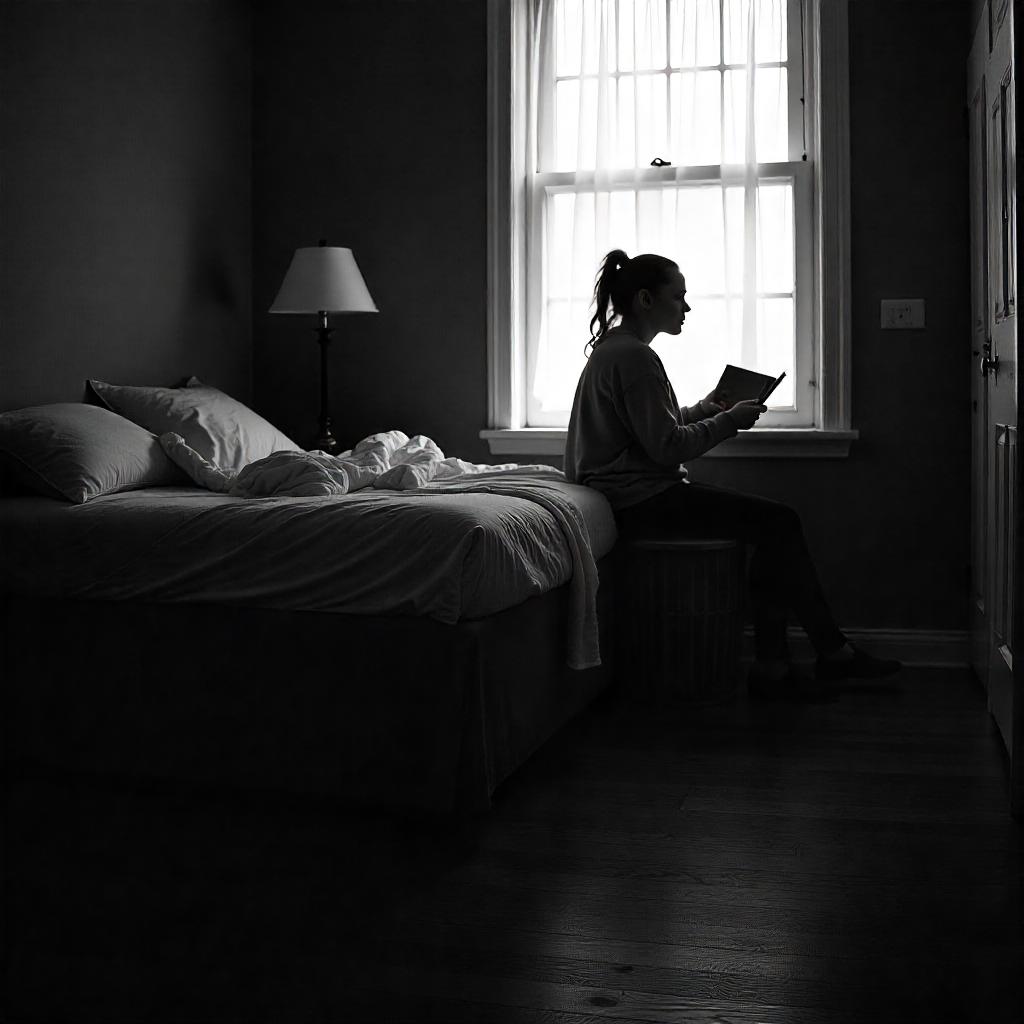By June Wambui – RFM 99.2 & Cradior.com
“I smiled through lectures, posted selfies, and even laughed with my friends. But at night, the panic attacks came—quiet, sharp, and invisible. I was drowning, and no one knew.”
On campus, everything looks fine on the surface. The selfies, the good vibes, the loud parties. But behind it all, many students are silently battling a storm within — and we’re not talking about it enough.
💔 The Silent Crisis
According to mental health surveys in Kenya, depression and anxiety are rising sharply among university students. The pressure to perform, financial stress, loneliness, and social comparison have created a quiet epidemic.
But it’s not something you hear people talk about during chai breaks or group work. Mental health still feels like a taboo topic — something that’s either dismissed as drama or buried under fake smiles.
🎓 “You Either Perform or You Perish”
For many, campus life is less about self-discovery and more about survival. Between 8 a.m. classes, endless assignments, toxic relationships, and part-time hustles, there’s barely time to breathe — let alone process emotions.
“I couldn’t tell my parents because they’d say I’m being dramatic,” shares a second-year student at the University of Nairobi.
“It’s either you perform or you perish. No in-between,” adds a student from JKUAT.
These aren’t isolated feelings. They’re shared quietly, in whispers, when no one else is listening.
😶🌫️ Coping in Silence
So how do students cope?
Some drown themselves in parties. Others rely on substances to escape. Many try to be the “strong friend,” offering advice while secretly falling apart themselves.
Sleep deprivation becomes the norm. Overthinking becomes a habit. Burnout becomes invisible—because if you look okay, people assume you are okay.
🚫 Why We Keep Quiet
- Fear of being judged or seen as weak
- Worry about being misunderstood
- A cultural mindset that discourages vulnerability
- Campus environments that praise resilience but ignore suffering
Mental health is often viewed through the lens of strength—when in truth, the strongest thing someone can do is ask for help.
🏫 Are Our Campuses Helping?
While a few universities have guidance counselors, most are overwhelmed or underfunded. Some students don’t even know these services exist.
Mental health is still not a priority in most student leadership agendas or academic policies. It’s a side note, when it should be a headline.
💡 What Needs to Change
- More trained mental health professionals on campus
- Peer-support clubs that make vulnerability feel safe
- Open mic events, art shows, and campus media tackling mental health openly
- Mental health days and check-ins from lecturers and student leaders
Change starts when we start talking. Loudly. Frequently. Boldly.
🌱 A Final Word
Mental health is not a weakness. It’s part of being human. It’s okay to not be okay — what’s not okay is pretending forever.
So check on your friends. Be kind. Hold space. And if you’re the one struggling, know this: You are not alone. Help is out there. Healing is possible.
📣 Let’s start the conversation. What’s your campus experience with mental health? Comment below.





















